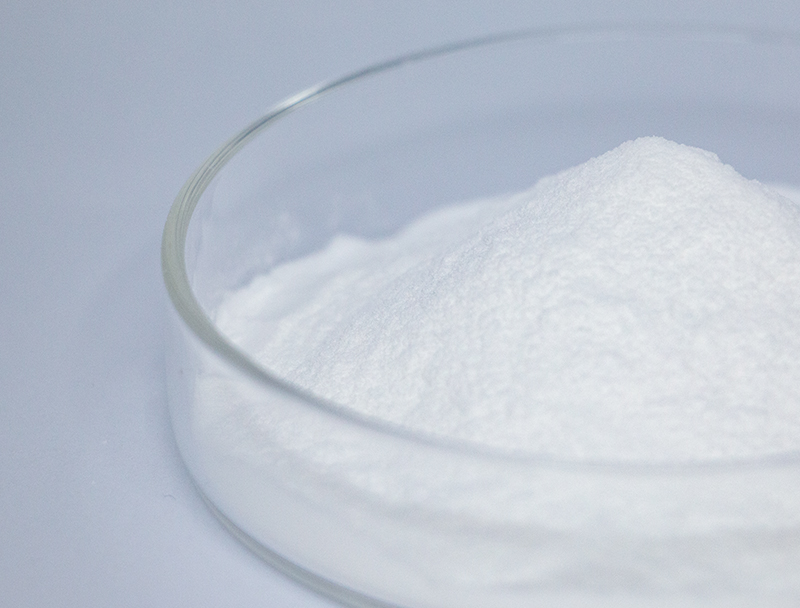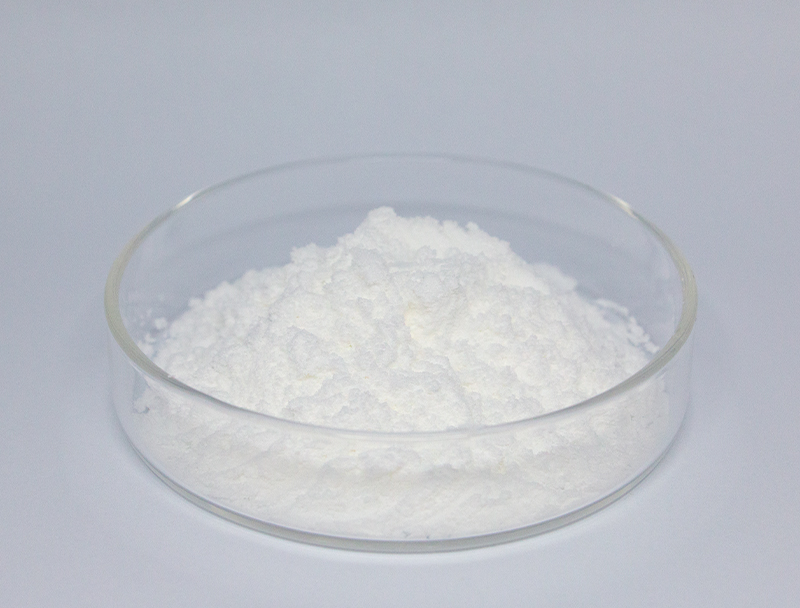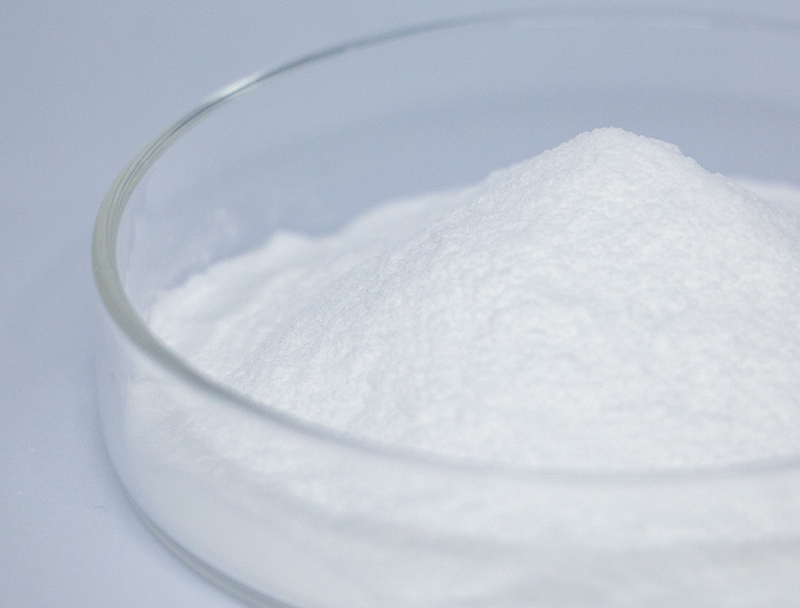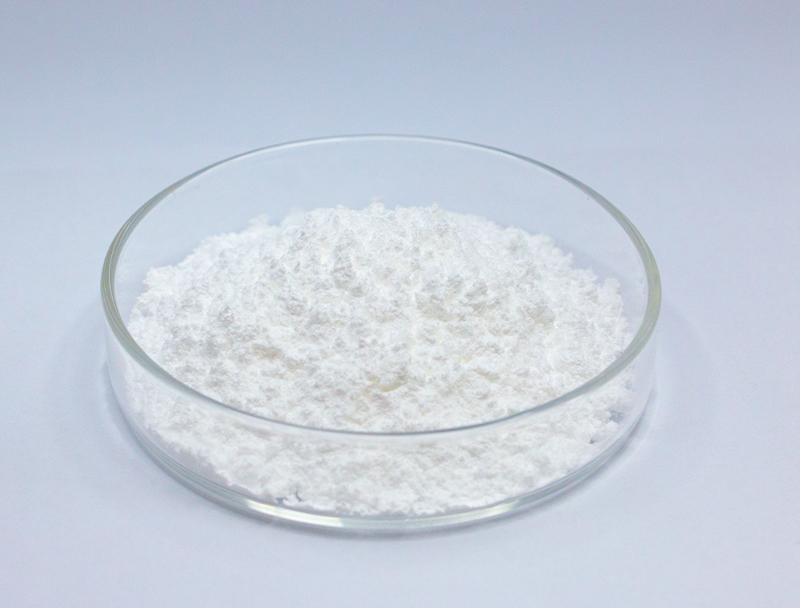partner-grade commercial-scale inputs high purity biopharmaceutical

Modern biofabrication is grounded in a vast array of base components for developing state-of-the-art biosolutions.
Guaranteeing the sustainable sourcing of these resources forms the foundation of durable, responsible industrial growth.
diverse obstacles inherent in legacy sourcing approaches including environmental degradation and exploitation of natural resources. Hence, industry players ought to pursue innovative supply solutions to lower carbon burdens.
- Models of sustainable material sourcing include:
- Leveraging biomass from food-processing residues
- Installing reclamation workflows to diminish waste and heighten recovery
- Forging alliances with neighborhood suppliers supporting green sourcing
This shift towards sustainable raw material sourcing is not only environmentally beneficial but also economically viable in the long run.
Optimizing Biomass Feedstocks for Enhanced Biofuel Production
Advancing fuel production depends on feedstock consistency and composition. Investigators regularly test new routes to upgrade biomass inputs, producing improved fuel yields and a lower-carbon energy pathway. Tactics include molecular breeding to increase biomass and chemical or physical pretreatments to release sugars.
- Additionally, researchers are focusing on identifying new sources of biomass, such as algae, waste products, agricultural residues, to expand the range of sustainable feedstocks available for biofuel production.
- Owing to ongoing work the biofuel domain is primed to reach substantial milestones advancing renewable energy adoption.

Advances in Biopharmaceutical Manufacturing: Focus on Upstream Operations
entails beginning production stages such as cell growth and biomass recovery Modern progress within the sector has contributed to more efficient processes and higher production.
Pivotal enhancements embrace high-performance cell lines, balanced media compositions, and intelligent reactor control systems. These refinements escalate production and lower expenses and environmental strain.
- Similarly, continuous process trends grant superior flexibility and refined control across production stages.
- Embracing sophisticated manufacturing strategies is poised to change industry norms and shorten development cycles.

Next-Gen Gene Editing for Enhanced Protein Expression
progresses in gene editing technologies, such as CRISPR-Cas9, have revolutionized the production of biopharmaceuticals. Through focused genomic edits within host strains, scientists increase expression of desired therapeutic proteins. These methods could enable production of accessible and efficient medicines tackling diverse health challenges.
Microbial Biotechnology as a Sustainable Cleanup Strategy
forward-looking microbial interventions for environmentally friendly decontamination. Specialized microbes can enzymatically degrade pollutants to reduced-toxicity products.. Utilizing microbial metabolism supports eco-friendly site cleanup methods that limit secondary harm from remediation.. Scientists evaluate varied microbes for potential to remediate metal contaminants, pesticide compounds, and oil-derived pollutants.. These microbes operate in engineered systems or direct environmental applications to metabolize and remove contaminants.
The use of microbial biotechnology in bioremediation offers several advantages over conventional methods. This method provides a low-cost, low-waste alternative to conventional remediation. Concurrently, these solutions provide focused remediation without widespread environmental harm. The field is rapidly refining methods to make microbial remediation more efficient and broadly effective.
Digital Methods Accelerating Pharmaceutical Discovery
Informatics platforms are essential to current drug discovery and development pipelines. By integrating diverse datasets, bioinformatics enhances candidate identification and therapeutic optimization.
- By interrogating large-scale omics and clinical information, scientists find new targets and predict candidate efficacy.
- Concurrently, virtual screening and simulation shape the development of more effective therapeutics.
- Ultimately, bioinformatics modernizes development workflows and expedites access to safe, beneficial medicines.
Metabolic Engineering Strategies for Enhanced Bioproduct Synthesis
deploys several tactics to elevate cellular production of valuable biochemicals. Approaches may include genome edits to rewire pathways, transcriptional control to tune expression, and heterologous gene insertion to add functions.. Via targeted metabolic optimization researchers can meaningfully escalate production of desired biochemicals.
This multifaceted approach has the potential to revolutionize a broad range of industries, including biopharmaceuticals, agriculture, and bioenergy.

Industrializing Biopharmaceuticals: Risks and Rewards
Scaling up biopharmaceutical production presents both significant challenges and exciting opportunities. A primary obstacle is ensuring uniform quality control as volumes rise. Solving it involves resilient control frameworks, high-resolution monitoring, and modern analytical tools.

Complexity in multi-step biomanufacturing operations presents ongoing operational challenges.. Translating lab methods into scalable operations needs heavy research and technology breakthroughs.. Nonetheless, the advantages can be major. Achieved scale can widen availability of treatments, lower manufacturing costs, and boost financial returns.
Several projects are designed to mitigate these scaling barriers. Examples include novel optimization technologies, predictive analytics for real-time control, and inventive production models.
- R&D initiatives significantly drive enhancements in manufacturing capacity.
- Government agencies are streamlining review procedures to permit quicker uptake of new production technologies and foster innovation.
Regulatory Strategies for Biopharma Compliance and Patient Protection
Advancing biopharmaceuticals involves heavy regulatory scrutiny to secure product safety and proven efficacy. Products of biological origin introduce specific challenges that differ from standard drug trans-Cinnamic acid development.
Institutions such as the U.S. FDA and European EMA lead in formulating regulations and benchmarks for biologic approvals..
Rigorous testing protocols are mandatory throughout the development lifecycle, from pre-clinical research to post-market surveillance.. These steps are designed to surface risks and verify that biopharmaceuticals comply with elevated safety thresholds..
Concurrently, regulatory organizations fine-tune methods to remain compatible with quick scientific advancements. Efforts comprise integrating cutting-edge tools and easing development pathways while upholding patient safety.

Plant-Derived Inputs for Next-Gen Bioplastics
A stronger push for environmentally responsible materials is driving research into renewable options. Plant-based bioplastics made from biomass feedstocks present a hopeful path to reduced plastic impact. Feedstocks including cornstarch, plant cellulose, and sugarcane derivatives yield biodegradable plastics which break down and mitigate plastic pollution.
Similarly, selected bioplastics offer analogous properties to traditional plastics suitable for many applications.. Persistent innovation will be key to advancing plant biomass into mainstream bioplastic manufacturing for a circular future.
Biotechnology's Impact on Global Health and Food Security
Biotechnology has emerged as a powerful tool with the potential to revolutionize global health and address food security challenges. Applying targeted genetic edits, synthetic biology frameworks, and cellular therapeutics, practitioners produce measures to address infectious disease, boost harvests, and upgrade nutritional content.. A concrete example includes modified crops engineered for pest and stress tolerance that yield more while decreasing pesticide needs. Moreover, biotechnology plays a crucial role in developing vaccines, antibiotics, and diagnostic tools that are essential for combating infectious diseases and improving global health outcomes.. Continued scientific progress suggests biotechnology will increasingly underpin healthier, more sustainable societies worldwide.
